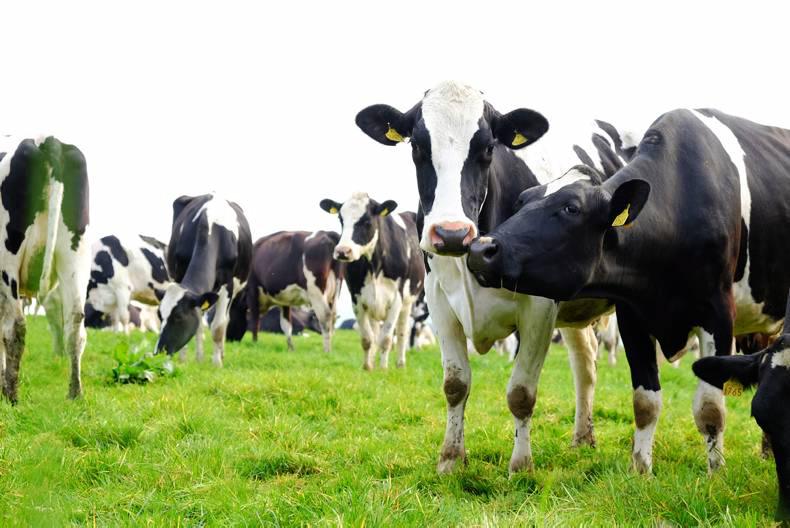The Council of Agriculture Ministers of the European Union heard on Thursday that the biggest change that can be implemented to reduce greenhouse gas emissions in the sector is to tackle manure management, with a potential impact on 26% of agricultural emissions.
Farmer awareness is to be raised across the EU to rebuild the farmers’ confidence in manure as an efficient and sustainable nutrient and energy source, documents issued by the council recommend.
Making farmers aware of scientific studies is key at a time when “agriculture has its part to play” in the reduction of greenhouse gas emissions, said European Commissioner for the Environment, Maritime Affairs and Fisheries, Karmenu Vella.
“From the debate we had today, it seems that the strengthening of the link between science and agricultural practice, including knowledge transfer, is a path worth exploring to tackle climate change challenges in the agricultural sector. The involvement of the farmers in the climate change mitigation is essential,” said Luxembourg’s Agriculture Minister Fernand Etgen, who holds the rotating presidency of the council and hosted the meeting in Luxembourg.
Nitrogen-related greenhouse gas emissions
The presidency of the council argues that EU nitrogen management strategies must be reconsidered in light of the promotion of organic fertilisation at the expense of chemical fertilisers. They add that most crops prefer the N-ammonium form in manure and biogas digestate as opposed to the nitrate form, which is highly prone to be leached.
As a result, new farm implements should be developed and promoted to ensure efficient use of nitrogen from organic origin. The presidency agues that this would help reducing N2O (one of the nitrous oxides or NOx family of gases) and ammonia emissions.
While much of the focus in public debates so far has been on greenhouse gases, such as CO2 methane emitted by machinery and livestock, scientists established several years ago that gases containing nitrogen also contribute to climate change.
Agriculture (along with forestry) is the only industry that both creates and reduces emissions, President Etgen noted.
After the meeting, Minister for Agriculture Simon Coveney said: “It is important to encourage a coherent approach to agriculture and land use and to incorporate the critical role that afforestation and forest management plays in carbon sequestration.”
Thursday’s discussions, which the President of the Agricultural Council described as “tough but ultimately productive”, were held in the run-up to the Conference of the Parties to the United Nations Framework Convention on Climate Change (COP 21), which will aim to set international targets for greenhouse gas emissions in Paris in December.
Binding
Proposals to set binding targets for ammonia would have in turn bound Irish farming output. Methane produced by cows accounts for a high proportion of Ireland’s ammonia. While Ireland’s overall ammonia usage was within the target set for 2010, that limit would have fallen dramatically if the proposals had been carried.
The limit for ammonia in 2010 was 120,000 tonnes, and it would have fallen to 110,000 tonnes in 2020 with a further proposed cut to 100,000 tonnes by 2030.
More efficient use of slurry is just one development in farming – the adoption of the carbon monitor across Irish farms will in time make us a flagship in how to efficiently expand output.
The IFA’s Environment & Rural Affairs chair Harold Kingston is calling on Environment Minister Alan Kelly and Agriculture Minister Simon Coveney to ensure that discussions with the European Commission about future ammonia emission targets are balanced and do not place unattainable obligations on farmers.
“Progress has been made in these discussions, with the Commission agreeing to remove proposals to include methane gas from the current review of the National Emissions Ceiling Directive, as this gas is already regulated in the EU’s climate and energy package” said Kingston.
“Mistakes have been made in the past when it comes to setting emission reduction targets. Ireland continues to face challenges in meeting binding EU 2020 greenhouse emission reduction targets. These targets were set with no regard to the impact they would have on food, fuel and energy production or international environmental standard.”






 This is a subscriber-only article
This is a subscriber-only article










SHARING OPTIONS: